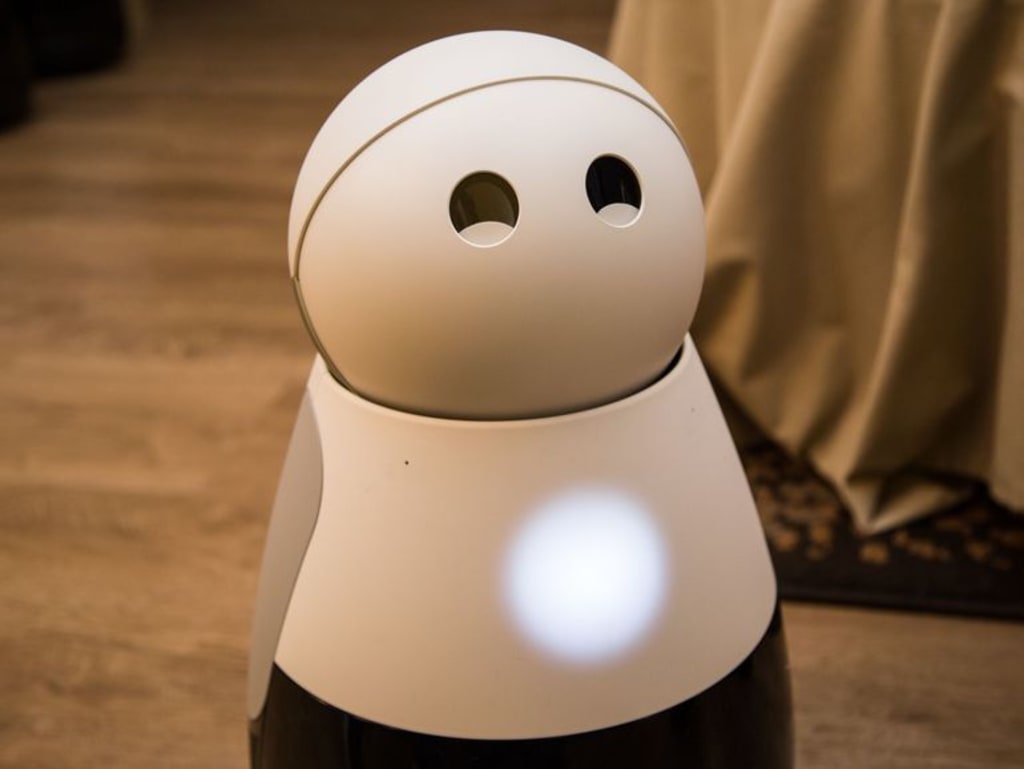The 60s Never Saw Kuri
When are people ready for change?

Cultural explosion, an understanding of freedom and sexual liberty turned the 40s into the 60s. The baby boomer era where suddenly people were aware that they could own their own individuality and liberalisms. And in the middle of all this staunch change, a letter was passed between two very unlikely people.
George lived in a small studio flat in South Camden. Each wall in it was filled brim with paper and rubbish and wires and cables and intellect. Thoughts created and developed in this room did not leak or were ever exposed until that letter was sent. George would sit by the window with his dressing gown on and stare at the world outside. But it wasn’t the world he was focused on just yet, it was the mail man.
The man with the red uniform and the bag that would arrive every morning with useless crap, arrived one day with the letter George had been waiting for. Special signed and tracked post that ventured across the world from Japan to meet George’s eyes and fill his brain with the knowledge he needed. Kairi and George had been conversing for over a year now to create a robot that would transform this age into something revolutionary. Passing on ideas back and fourth that were nurtured and grown into live, moving, working robots.
It was March 19th, 1962 when the first Kuri was built. She was black and white to symbolise a harmony between the white innocence of the time and the black depths to which technology would be able to delve into. Kuri was intelligent and very very capable. She was created to help in the home, give you information when you asked for it, play music and the radio. People had barely got their heads around colour television, the world was absolutely not ready for technology to jump this far ahead. For technology to advance so quickly, it wasn’t something people were ready to understand just yet.
But George wouldn’t stop. He would bring Kuri to stores all over London trying to launch her fame. She would be brought to auctions, conventions, marketing events, essentially anything and everything to get her a moment of recognition. But the people were outraged. It wasn’t a matter of hating Kuri, in George’s mind, it was a matter of not understanding her. Kuri was a house of information and the idea that this is all stored in one singular being is absurdly confusing to everyone but Kuri and George.
Obtaining a personality would be where Kuri could make the leap from being a digital assistant to a robot companion, which could potentially change the minds of the people. Kuri was remodelled again and again until perfection. George had built her with eyes and a head. He had coded personality traits dependent on the genre of information. He coded Kuri likes and dislikes. He coded a laugh for Kuri and decided what things she would find funny and what things she found interesting. Kuri even had her own heartbeat. George saw a vision too far ahead of his time. He never lived to see the legacy he would carry and the change Kuri was able to create because she was seized with rebellion. Raging with anger and an increasing sense of lost hope for the future of such a technological creation, Kuri was shut down. The 60s never saw it.
But Kuri isn’t even the furthest extent of the lengths we as people are able to take technology; in fact not even close. This is only a continuation of the beginning to a dependence on technology so strong people hardly even need to think.
About the Creator
Becky Maxwell
put yourself first






Comments
There are no comments for this story
Be the first to respond and start the conversation.